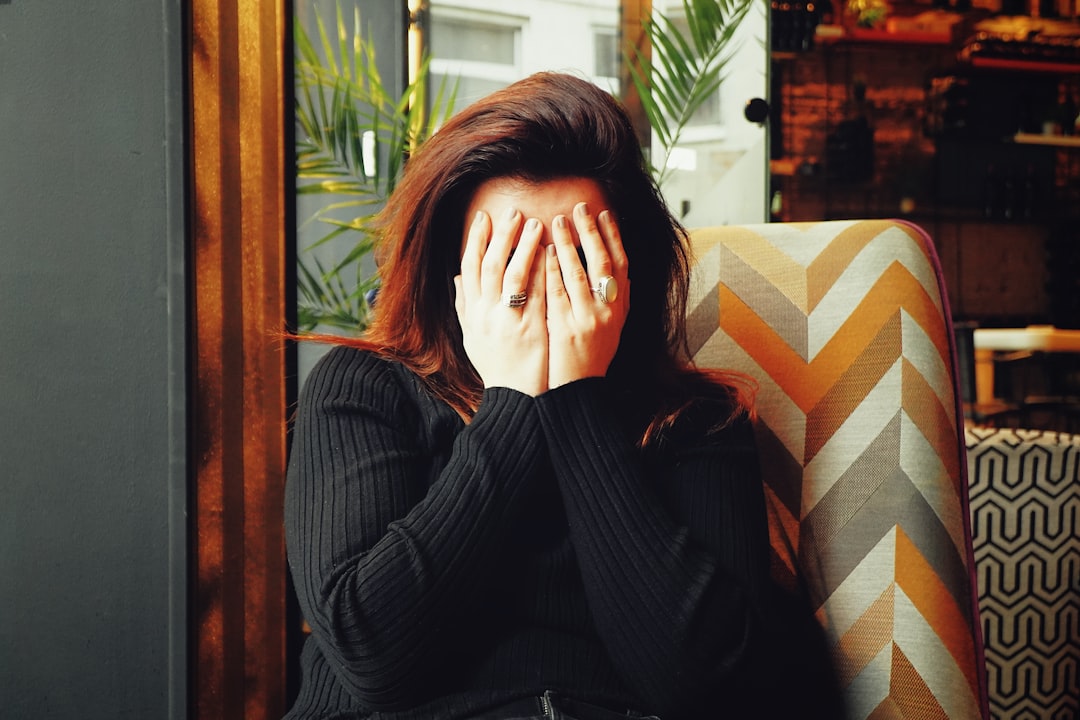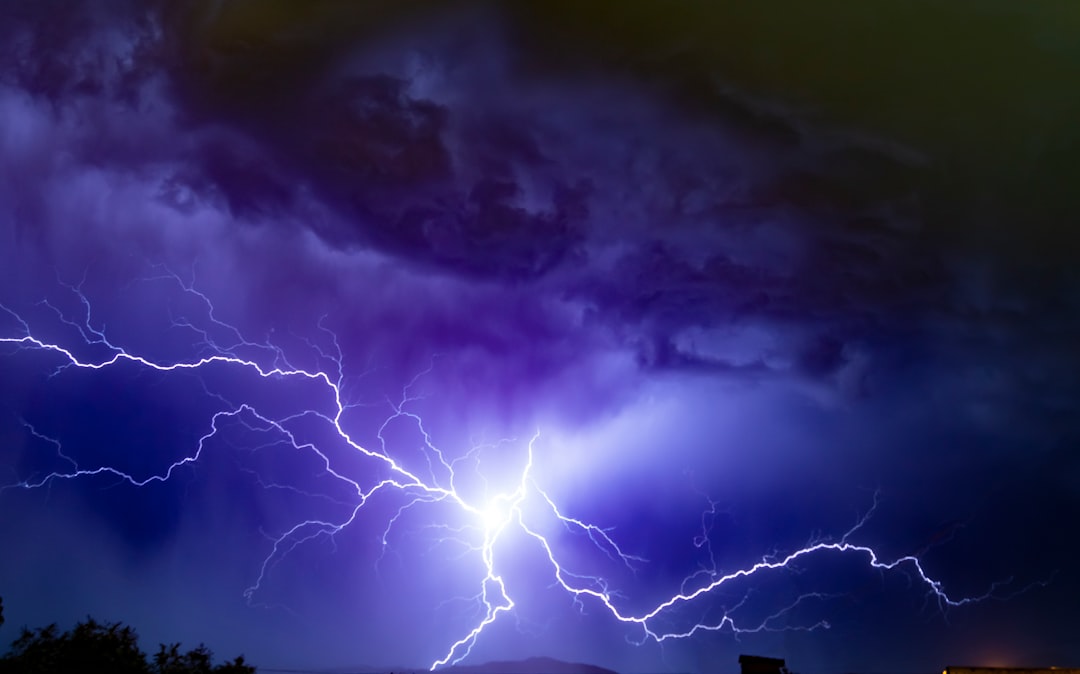I realized that in the 11+ months I’ve been writing The Anxious Morning, I really haven’t directly addressed the concepts of embarrassment and shame. Not everyone fears dying, insanity, or passing out. Some people struggling with panic and anxiety related issues fear the feelings of embarrassment or shame that they might encounter if people see them in an anxious state.
Let’s take a quick look at the difference between embarrassment and shame. I’d call them cousins. They’re related, but not the same.
Think of embarrassment as being based on something you do. A silly mistake. Saying the wrong thing and accidentally offending someone. Embarrassment can be based on something someone else does or says. I’m sure you can imagine having someone say something that would make you feel embarrassed. Embarrassment sucks. Nobody likes that feeling. We’d rather avoid it. But in the end, embarrassment is an emotional state. An internal experience. It happens to everyone sometimes, like it or not. This internal, emotional experience (which may be triggered by something external) is rooted in an action, a statement, a situational context. Something happens outside of you, and you wind up embarrassed.

If you fear embarrassment, you are attempting to avoid an emotional state because you feel that you can’t possibly allow that and get through it. I know you don’t want to be embarrassed. I don’t either. But in the end being afraid to be embarrassed is not much different than being afraid to be afraid, or angry, or upset, or sad. Fearing our own emotional states because we feel incapable of handling them is a common thing. The fear of embarrassing oneself fits into this category in my opinion.
But shame … shame is nastier. It’s the bigger, meaner, cousin. Why do I say this? I say this because shame is generally rooted INTERNALLY. Shame is not so much a reflection of what you did, said, heard, or experienced. Shame is a reflection of who you see yourself to be. To be sure, external events can trigger your sense of shame. Your own thoughts can also trigger your sense of shame. When you fear panic and anxiety because you feel shame when people see you in that state, you are not reacting to panic or anxiety as much as you are reacting to your sense of yourself as being broken, unworthy, unloveable, no good, or weak (just to name a few particularly harsh self-judgments).
Embarrassment is, “I wish you hadn’t seen that.”
Shame is, “I wish you hadn’t seen ME.”
See the difference there?
Embarrassment and shame often exist side by side. You can be both embarrassed and ashamed at the same time. Embarrassment is difficult to deal with, but like all emotional states, especially states based on events, and situations, it is transient in nature. It comes, it feels bad, then it goes. Shame hangs around. Shame is always lurking. Embarrassment is created. Shame is triggered.
So what does all this mean? Well it means that you are either afraid and trying to avoid these emotions, or you are REALLY afraid and trying to avoid these emotions. The lesson you’d need to learn in this process is that you can handle feeling embarrassment, or even shame. Yes, it is true. You can even work through shame, as really painful and ugly as that can be when you’re doing it. In fact, many people smarter than I am in this area will argue that you have to feel shame to get past shame. Google the phrase “Shame dies in the light” and you’ll see what I mean about that.
I’m gonna drag out one of my old standby statements here. Not everything is a floating, accepting, Claire Weekes problem. If you are carrying the weight of shame, then you will have to work on allowing yourself to experience that, but you likely also have to address the source of that shame. Why do you see yourself the way you do, and why will you go to any length to make sure that the rest of us don’t see you the way you do? These are hard questions and hard issues to tackle, but they are worth tackling.
Know this. If you are carrying and hiding shame every day, this can present an obstacle in recovery. It’s hard to willingly accept things like panic, anxiety and fear if you feel that they open the door to your shame closet so that everyone can see what’s in there. If this is part of your struggle, you are not broken, even if you feel broken because shame tells you that you are. There may be other things for you to address, but this does not make you hopeless.
I wish I had some magic words to end with here, but I don’t. I’ll just remind you that embarrassment and shame, as ugly as they can be, are still just emotions. They’re difficult, but they are likely not the horrific demons and monsters you may think they are.
Have you listened to this week’s episode of The Anxious Truth podcast? Check it out out on Apple Podcasts, Spotify, Google Podcasts, Amazon Music, or my website and YouTube channel.











Share this post